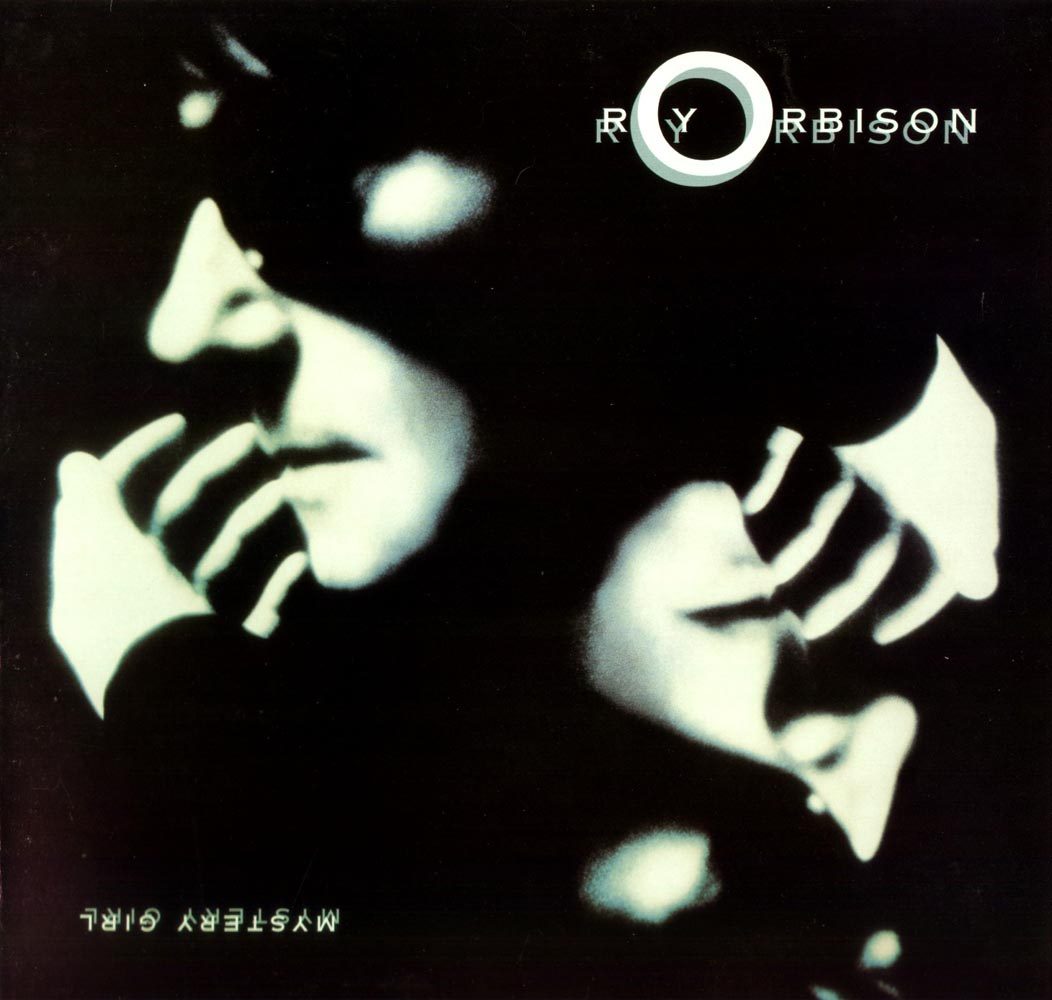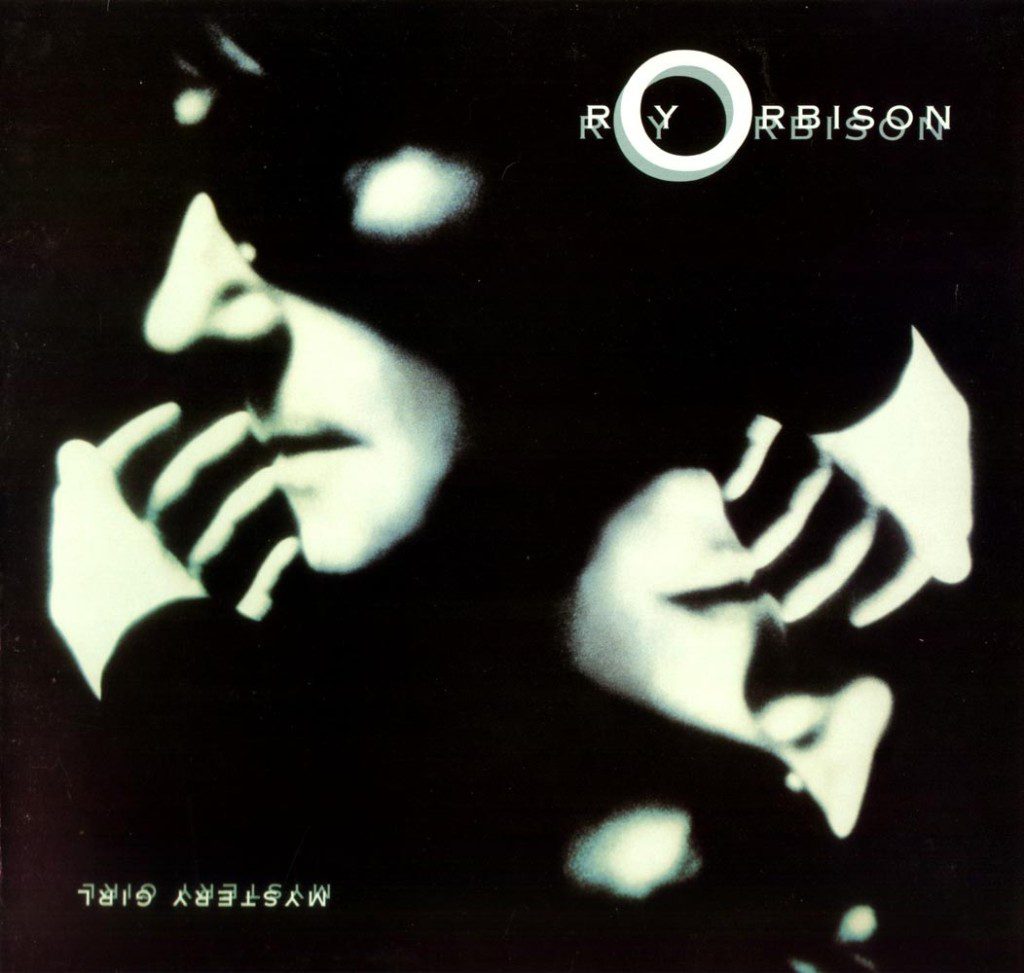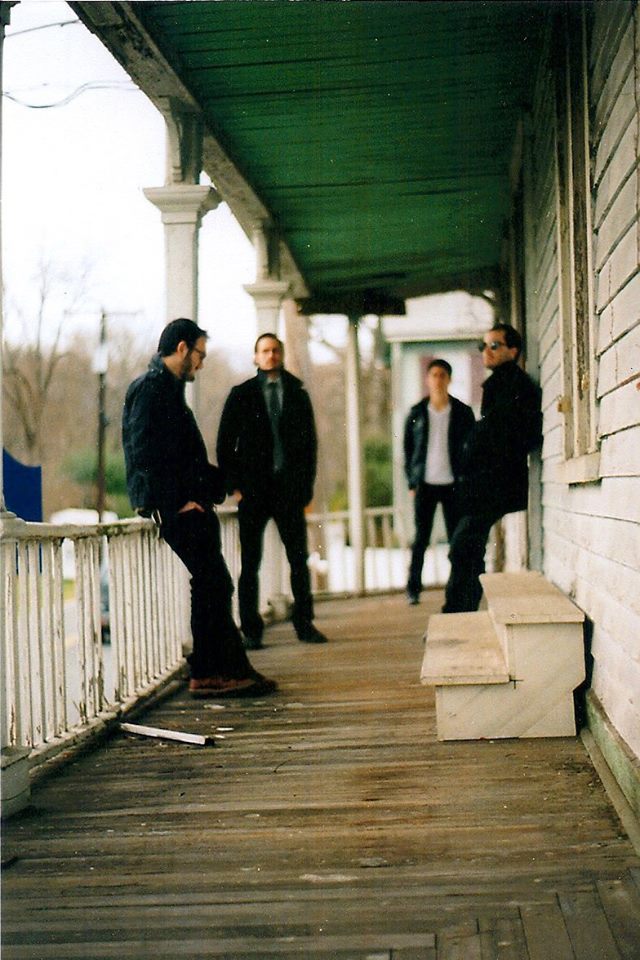
Few musicians have effectively sidestepped the descent into mediocrity. Even fewer have remained truly great up until their deaths, and ascended into legends long after. Johnny Cash, Lee Hazelwood, and Lou Reed are among this musical elite. And then there’s Roy Orbison. Though most famous for recording “It’s Over” and “ Oh, Pretty Woman,” in 1964, Orbison has written, recorded and produced some of the most original and memorable ballads in pop music history. As part of the golden legacy of Sam Phillips’ Sun Records, Orbison has had a total of 22 songs placed on the Billboard Top 40, and boasted a phenomenal vocal range that stretched three or four octaves. This ability to transition between baritone and tenor popularized Orbison as “the Caruso of rock.”
Though Orbison’s most prolific years were the 1960s, his posthumously released final record Mystery Girl is one of the finest departing albums I’ve ever heard. Recorded in the Fall of 1988 three months before its release, Mystery Girl is a flawless pop-opus which touts production quality as slick as Orbison’s signature onyx pompadour.
The album is a sonic homage to mid-century American pop-rock-n’roll, a fitting soundscape considering the era’s cultural revival in the late 1980s. Mystery Girl includes songs written by giants of the industry: Tom Petty, Jeff Lynne (of ELO), and Elvis Costello to name a few. Its cast of producers is no less impressive. Mike Campbell (of Tom Petty and The Heartbreakers), T-Bone Burnett, and Brian Eno highlight Orbison’s own distinct production style.
“You Got It,” the record’s opening track, is one of the most recognizable. This is in part due its use in advertising. It is an upbeat number that recalls a breezy summer romance in the 1960s-or at least what our lens of synthetic nostalgia renders that to seem like. It’s a great pop song, but the meat of this album lies in the sweet melancholy of its more orchestral tracks.
Chief among these is “In the Real World,” which ranks with Orbison’s great songs of heartache. The song is distinctly Orbison, beginning with the gentle strum of a Spanish guitar and a single thread of that signature quivering croon. With haunting backing vocals and the emotive use of strings, it possesses the same sweeping quality of his early work, leaving the listener in a somnolent limbo between misery and bliss. This is the Orbison condition: an ambivalence that results from a sound so beautiful, you’d rather die than go on listening (or die before listening to anything else).
This condition is perfected on the album’s near-title track “She’s a Mystery to Me” which was written for Orbison by U2 members Bono and The Edge. The song’s power is undeniable. Orbison’s voice is sorrowful and slips over you like opium molasses: slow, astringently sweet, and twice as addictive. Meanwhile the orchestral accompaniment concocts a warm-whiskey sound that dissipates outward from the sternum to the cuticles. It’s the perfect medicine for gluttons of sorrow. The all-star credits continue from there; Elvis Costello’s contribution to the album is the tragic “The Comedians” which delivers Costello’s patented contrast between audible joy and verbal dejection. That Costello had written the song makes perfect sense in retrospect, but when Orbison sings it, it becomes his instantly.
My favorite song on the record is undoubtedly “She’s a Mystery to Me,” but a neck-and-neck second is “The Only One,” written by Craig Wiseman and Orbison’s son Wesley. While “She’s a Mystery to Me” has a consistent sound throughout verse and chorus, “The Only One” is far more dramatic. Its verse eases us into a simple and downtrodden ballad, and then the chorus crescendos into a crooning reprimand. The Orbison condition is contracted yet again.
Though Roy Orbison was a permanent fixture in my musical rearing, I didn’t hear this album (as far as I can remember) until two and a half years ago at a friend’s apartment. I was dumbstruck immediately. Orbison’s voice is like butter – as in, you can put it on anything and it’s improved tenfold – but I was still shocked at how timeless the record sounded. It at once seemed old, new, and impossible to date. It’s sad that Mystery Girl had to be the last album Orbison would ever record, but man, what a way to go out.
Listen to “She’s a Mystery to Me” and “The Only One” below:





